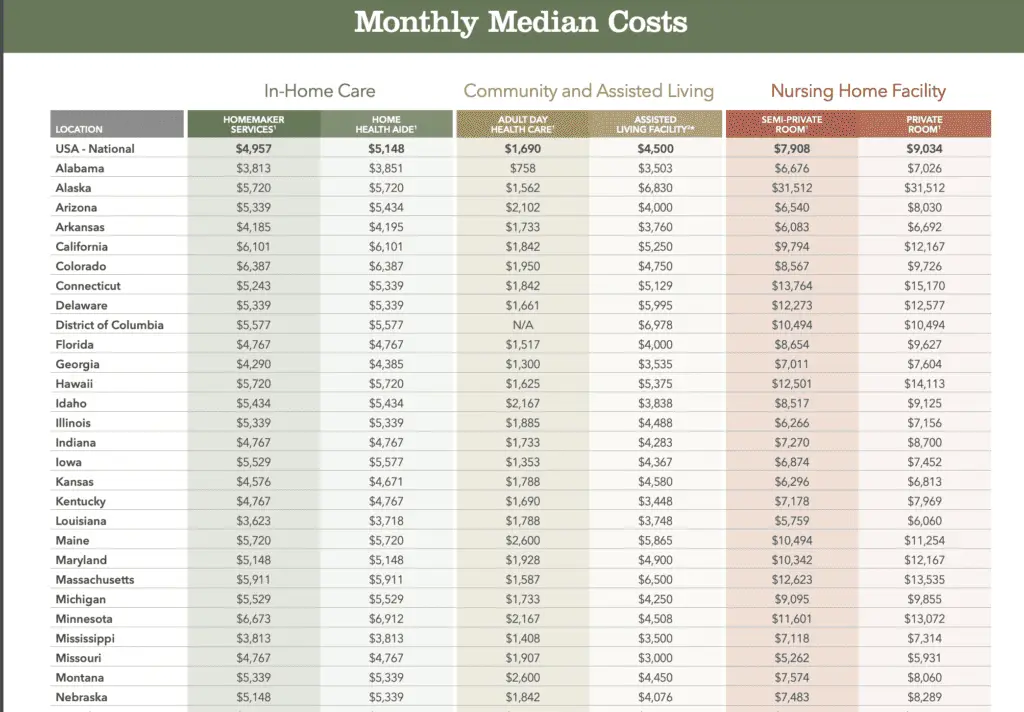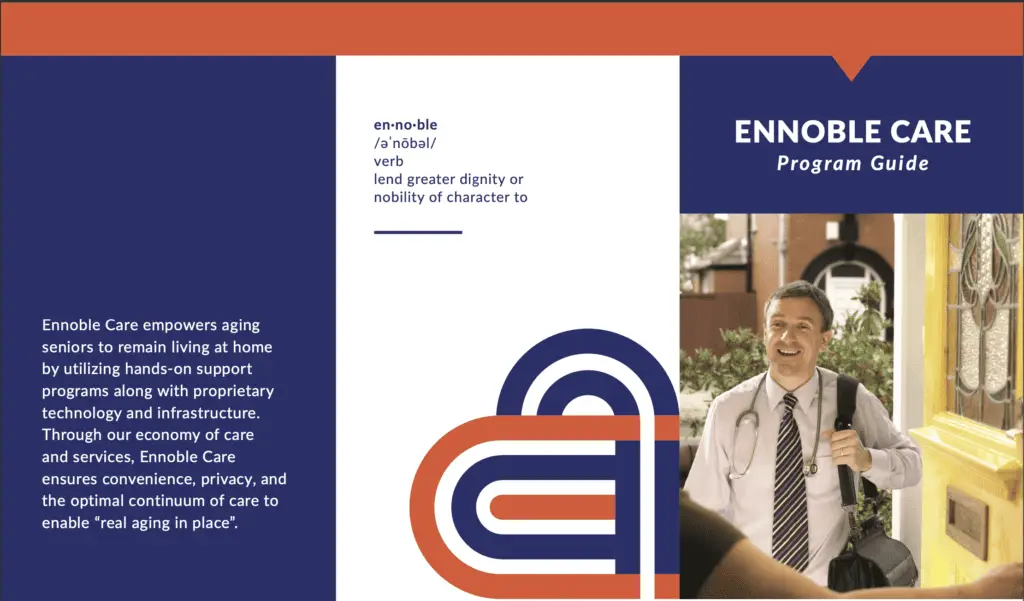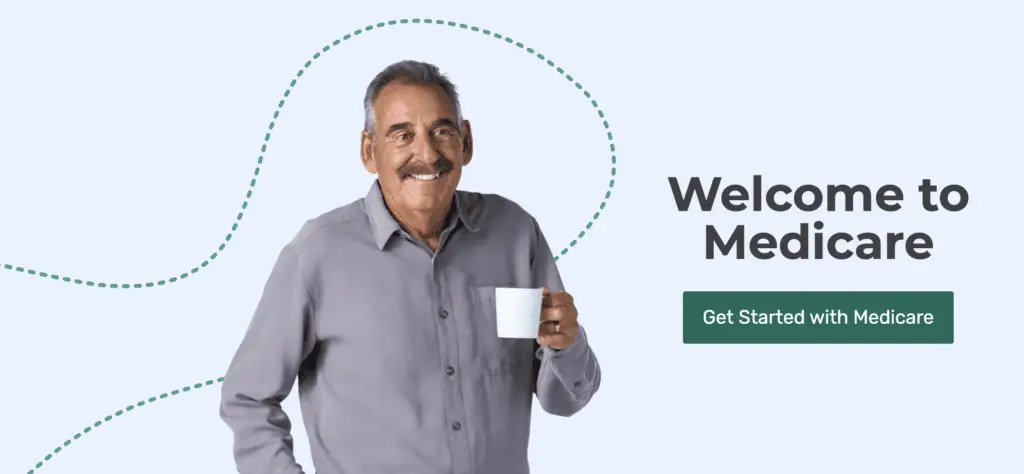We’re going to teach you everything you need to know about home health care services in 2024.
Imagine recovering from a recent surgery or health-related issue in the familiar surroundings of your home—surrounded by the people and things you love.
Home health is revolutionizing how older adults and their families approach healthcare, providing a personalized, flexible, and empowering alternative to traditional institutional settings.
We discuss:
- The benefits and advantages of older adults choosing home health care;
- Home health costs and payment methods;
- Frequently asked questions about home health care;
- The life-changing impact home health has on the lives of seniors and their families;
- A comprehensive list of home health agencies serving Maryland, Washington, D.C., and Northern Virginia.
Sit back, relax, and join The Senior Soup on a home health journey toward a healthier, happier, and more independent future.
The Benefits of Home Health Care
Home health care is a comprehensive and personalized healthcare solution for individuals – especially older adults – who need medical assistance or support with activities of daily living in their homes.
With various services offered by skilled healthcare professionals, home health helps patients maintain their independence at home while improving their quality of life.
Enhanced Patient Outcomes
Customized care plans tailored to individual needs can result in the following for older adult patients:
- Improved patient outcomes;
- Faster recovery times;
- Better overall health.
Reduced Hospital Admissions
Older adult patients can avoid unnecessary hospital visits and a reduction in hospital-acquired infections and complications using home health services.
This makes hospital case managers very happy!
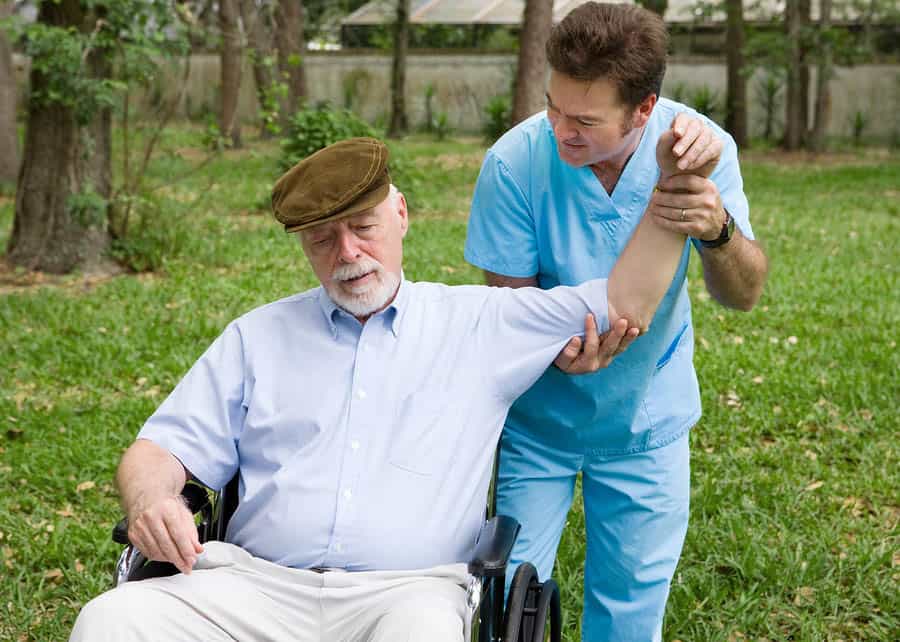
Older Adults Experience A Higher Quality of Life Using Home Health
Home health care services promote patient satisfaction, autonomy, and well-being, thanks to the comfort and familiarity of the home setting.
Family Support & Education
Home health care providers often involve families in the care process and offer education and support services to help patients manage their conditions effectively.
An In-Depth Look At Home Health Care Benefits For Older Adults
The Senior Soup Podcast featured Roxanna “Roxy” Laguerre, a home health care expert and marketing liaison.
Roxy shared with us how older adults can immediately benefit from home health care after a hospital or skilled nursing rehab stay.
Click the link below for a full transcript of episode seven of The Senior Soup Podcast.
The Senior Soup Podcast, Episode 7: The Complete Guide to Home Health Podcast Transcript
Healthcare Professionals Involved in Home Health Services
Nurses
Registered nurses (RNs) and/or licensed practical nurses (LPNs) provide skilled nursing care who are trained to perform these tasks:
- Administering medications;
- Monitoring vital signs;
- Providing wound care.
Physical, Occupational, & Speech Therapists
Physical therapists help improve their patient’s mobility and strength, whereas occupational therapists assist patients with daily activities.
These two services often coincide with one another.
Speech therapists also work with patients on speech recovery, communication, and swallowing disorders.
Home Care Aides/Private Duty Caregivers
Non-medical home care aides provide the following services:
- Bathing;
- Dressing;
- Grooming;
- Toileting;
- Meal preparation;
- Feeding;
- Running errands and shopping;
- Light housekeeping;
- Medication reminders.
Home Care agencies can also offer caregiver companionship and support to promote older adults’ emotional well-being.
Social Workers
Medical social workers address patients’ emotional and social health, connecting them with resources and providing counseling as needed.

Home Health Benefits
In-Home Skilled Nursing
- The cost of care is less expensive;
- Home health care can be more convenient than traditional inpatient skilled nursing;
- And home health care is just as effective as the kind of care you would receive in a facility.
Increased Sense of Independence
A primary benefit of home health care is that it enables older adults to maintain independence, allowing them to stay in their homes and participate in daily activities they enjoy.
Family Support
Home health care encourages family involvement in their loved one’s care, enhancing their support network and fostering stronger bonds.
Studies show that home health can lower the risk of infection inside a traditional acute setting.
Skilled, in-home nursing care can reduce the risk of an older adult contracting infections commonly found in institutional settings, such as hospitals or nursing homes.
The Centers for Disease Control and Prevention (CDC) provides essential information about healthcare-associated infections (HAIs) inside institutional settings.
Affordable Care
According to a Nove Genworth Cost of Care Survey, home health care can be more cost-effective than other long-term care options.
The screenshot below is from the 2022 Genworth Financial Cost of Care Survey results.
Improved Health Outcomes
Studies have shown that older adults receiving home health care have better health outcomes, such as reduced hospital readmissions and lower rates of complications.
A study conducted by Landers et al. (2016) discusses the future of home health care and emphasizes home health’s role in improving patient outcomes, reducing hospitalizations, and managing chronic conditions effectively.
This study highlights the need for policy, regulatory, and payment reforms to support expanding Medicare skilled home health services to meet the growing demands of an aging population.
Patient Satisfaction
Seniors receiving home health care often report higher satisfaction levels due to the personalized attention, comfort, and support they receive in their homes.
A study conducted by Stall et al. (2014) reviewed home health programs for older adults and found that participants reported higher satisfaction levels with their care.
The same study suggests that home health care’s personalized attention and comfort in familiar surroundings contributed to these positive outcomes.
Medicare Pays for Home Health Services
Medicare Part A and Part B both cover home health care services.
However, Medicare Part A primarily covers the following healthcare services:
- Inpatient hospital stays;
- Skilled nursing facility care;
- Hospice care;
- Some home health care services.
Medicare Part B primary covers the following healthcare services:
- Outpatient medical services;
- Doctor visits;
- Preventive services;
- Some home health care services.
The infographic below is an easily digestible and downloadable summary of what the different parts of your Medicare health plan cover healthcare services.
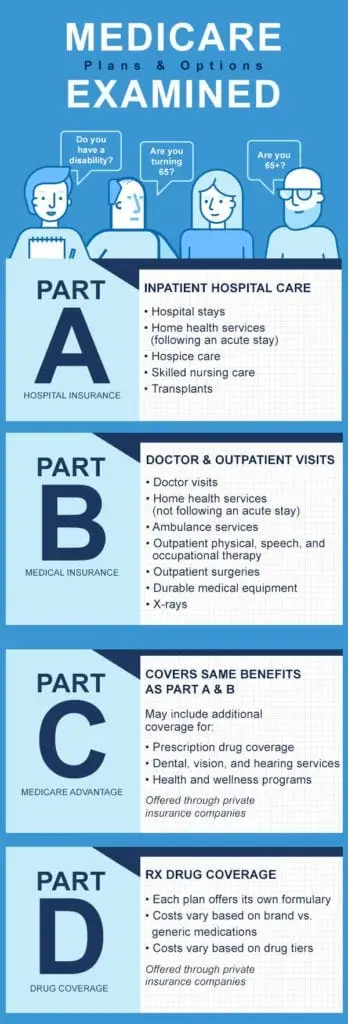
Medicare Part A Home Health Eligibility
- Be enrolled in Medicare Part A;
- You have to be under the care of a doctor, nurse practitioner, or physician assistant who certifies that you need home health care;
- Require at least one of the covered services (skilled nursing care, physical therapy, speech-language pathology, or occupational therapy);
- It would be best if you were designated as “homebound,” meaning that it’s difficult for you to leave your home without assistance;
Do I Need A Primary Care Doctor To Qualify For Home Health?
A primary care clinician typically signs off on home health orders.
The Senior Soup team can recommend a primary care doctor to residents in the DMV region. Call The Senior Soup at (202) 350-2674 or email them at contact@theseniorsoup.com.
A primary care provider will outline the duration and frequency of home health services.
Once a primary care clinician sees a homebound patient, a Medicare-certified home health agency can begin their home health services with the older adult patient.
If you’re an inpatient at a hospital, the inpatient rounding physicians with hospital rights will write home health orders.
Are There Any Restrictions?
Yes, Medicare Part A has some restrictions for home health coverage:
- Medicare Part A covers only part-time or intermittent skilled nursing care (not full-time nursing care);
- Home health aide services are covered only if you also require skilled nursing care or therapy services;
- Medicare Part A does not cover non-medical care services (e.g., bathing, dressing, grooming, meal preparation) if you only need care.
Does Medicare Part A Cover Long-Term Home Health?
No, Medicare Part A does not cover long-term home health services.
Remember that Medicare Part A covers part-time or intermittent skilled nursing care and therapy services deemed medically necessary.
How Long Do Home Health Services Last?
The duration of your Medicare Part A home health services depends on the following:
- The patient’s specific needs;
- The home health plan of care established by a doctor;
- The patient’s continued eligibility for coverage.
As mentioned, a doctor, nurse practitioner, or physician assistant will create a care plan outlining the duration and frequency of home health services needed.
A care plan is typically set up in episodes of care, which can last up to 60 days.
As long as patients continue to meet the eligibility criteria and the services are deemed medically necessary by their healthcare clinician, Medicare Part A can continue to cover home health services beyond the initial 60-day episode.

At the end of each episode, a healthcare clinician reviews and updates the patient’s care plan.
A home health plan can be extended beyond 60 days if the healthcare clinician deems it medically necessary.
It’s important to remember that Medicare Part A only covers part-time or intermittent skilled nursing care and therapy services, not long-term care.
The coverage will continue as long as patients meet the eligibility criteria and the plan of care is regularly updated and approved by a healthcare clinician.
Home Health Care Benefits vs. Traditional Healthcare Facilities
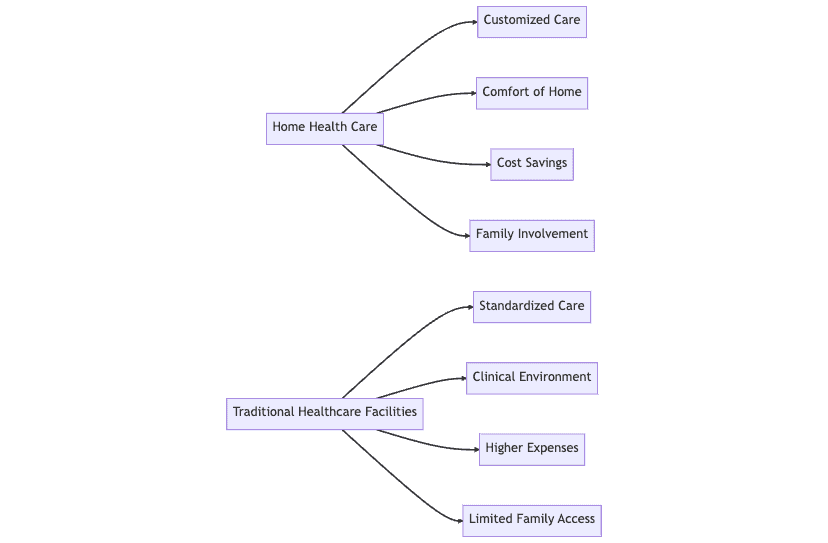
Home health has distinct advantages over traditional healthcare facilities such as hospitals and nursing homes.
These benefits include:
- Personalized home health care;
- The comfort and familiarity of your home environment;
- Cost savings;
- Increased family involvement in the care process.
Criteria For Choosing The Ideal Home Health Care Agency
Use the criteria below when determining which home health providers to choose.
Home Health Reputation & Accreditation
- It would be best to always look for a health agency with an excellent reputation and proper accreditation from relevant agencies.
- Visit Medicare.gov to thoroughly investigate, compare, and contrast the home health agencies in your area.Medicare.gov is an unbiased government portal that older adults and their families can use to examine a home health agency’s quality ratings and patient survey ratings,
Services Offered
Ensure the home health provider offers comprehensive services to meet your or your loved one’s needs.
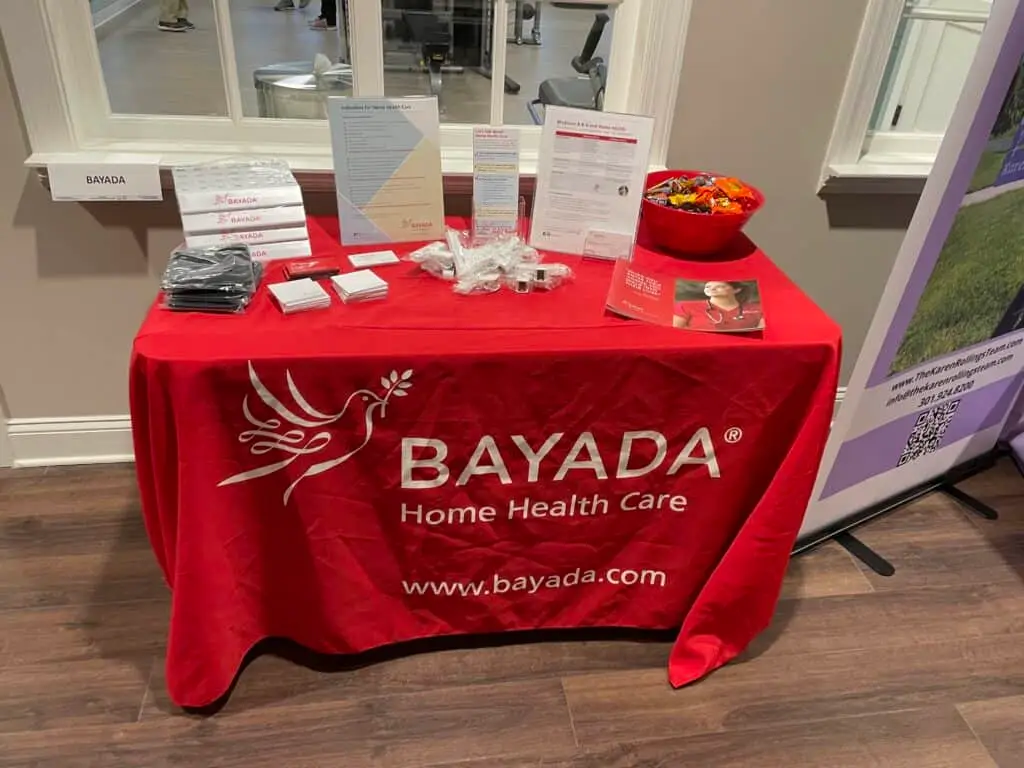
Clinician availability
- Assess the home health agency’s ability to meet your scheduling needs, including regular visits and emergencies.
- Verify the agency’s service area to ensure its clinicians can provide care at your or your loved one’s location.
- Pay careful attention to the home health agency’s communication style.
- Choose a provider that maintains open lines of communication, keeps you informed about your or your loved one’s progress, and addresses any concerns promptly and effectively.
- Share your communication preference upfront with the home health agency.
Personalized Care
Look for a home health agency that prioritizes personalized care plans and takes the time to understand your or your loved one’s unique needs, preferences, and goals.
Cost & Health Insurance Compatibility
Consider the home health provider’s fees and payment options.
Verify whether the home health agency accepts your or your loved one’s health insurance plan or offers financial assistance programs.
How Do I Pay For Home Health Care?
You have plenty of options for paying for home health care.
Commercial Health Insurance
Many private insurance plans, including employer-sponsored health insurance and individual health plans, cover the costs of home health care services.
However, coverage details may vary.
It is essential to review your health insurance policy or contact your insurance provider or broker to determine what services are covered and the extent of that coverage.
Medicare Part A & B
Medicare Part A and Medicare Part B may cover home healthcare services if they are deemed medically necessary and ordered by a licensed physician.
Medicaid
Medicaid offers coverage for home healthcare services to eligible low-income individuals. The specific services and coverage may vary by state, and certain eligibility requirements must be met.
Learn what Maryland Medicaid covers by visiting Maryland’s Healthcare Connection website.
And be sure to visit the Washington, D.C. Department of Health Care Finance website to learn about D.C. Medicaid and the eligibility criteria.
Can I Use My Veterans Benefits To Pay For Home Health?
The Department of Veterans Affairs (V.A.) provides home healthcare services to eligible veterans.
V.A. home health benefits may include:
- Skilled nursing & therapy;
- Non-medical personal care.
Veterans must meet specific eligibility requirements and may need a referral from their primary care provider.
Visit the V.A.’s website to learn more about skilled home healthcare benefits for eligible American veterans.

Long-Term Care Insurance
Some long-term care insurance policies include coverage for home health care services. The extent of the coverage will depend on the policy’s terms and conditions.
Private Pay
Individuals without health insurance coverage or those seeking healthcare services not covered by their insurance can pay for home health services out of pocket.
However, ongoing in-home health services are costly.
You should always discuss fees and payment options upfront with the home healthcare provider before committing to their home health services.
The cost and coverage for home healthcare services can vary significantly depending on the following facts:
- Your specific location;
- Healthcare provider;
- The particular healthcare services needed.
Home Health Agencies In Maryland, D.C., and Virginia
The agencies below are Medicare-certified home health agencies in Maryland and Washington, D.C.
HOME HEALTH COMPANY | CONTACT NAME/NUMBER |
|---|---|
| Adventist Healthcare Home Health Care | (301) 592-4400 |
| Amedisys Home Health |
|
| Bayada Home Health Care |
|
| CenterWell Home Health |
|
| Enhabit Home Health | |
| Frederick Home Health | (240) 566-3222 |
| Therapy in Motion |
|
| Holy Cross Home Health (Trinity Health at Home) | Rovena Harris | Strategic Account Manager Montgomery County, Maryland |
| HomeCall (LHC Group) |
|
| Human Touch Home Health |
|
| MedStar Home Health |
|
| Medical Services of America (Community Home Health of Maryland) | Isaac Pinci Admissions & Director of Marketing (570) 541-1261 |
| Meritus Home Health (Washington County) | (301) 766-7800 |
| Potomac Home Health | (301) 896-6999 |
| Revival Home Care Agency | (301) 899-6070 |


